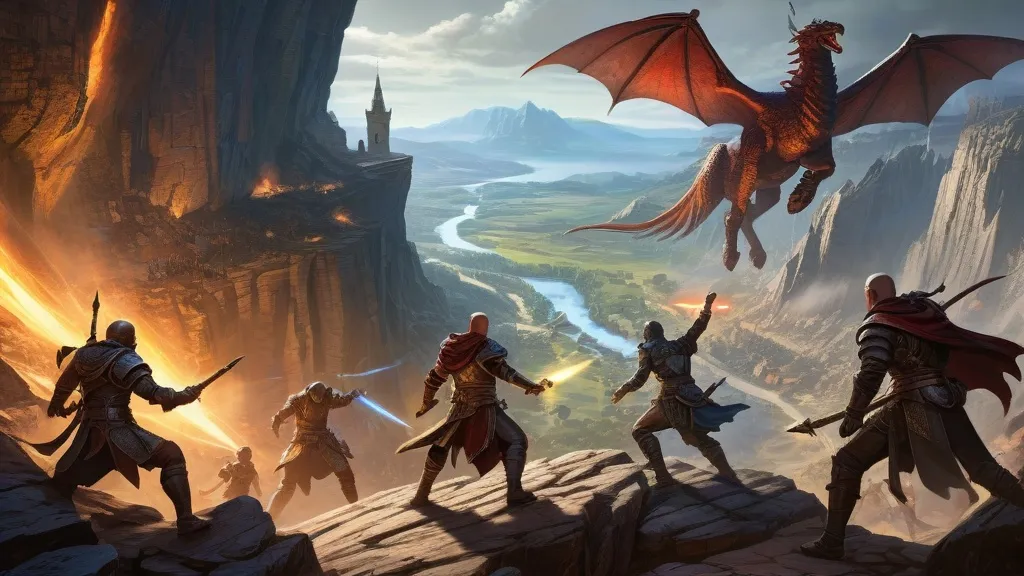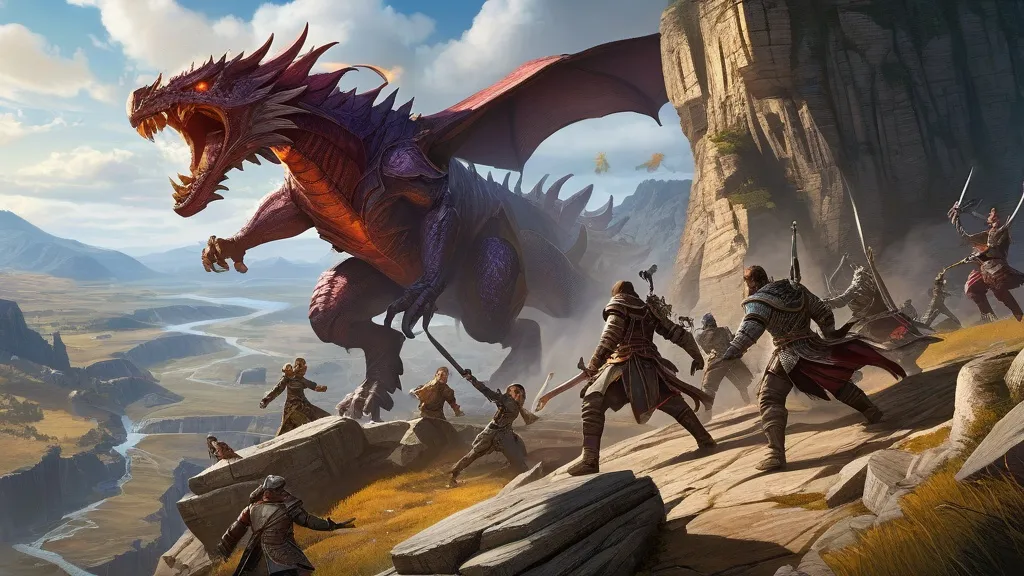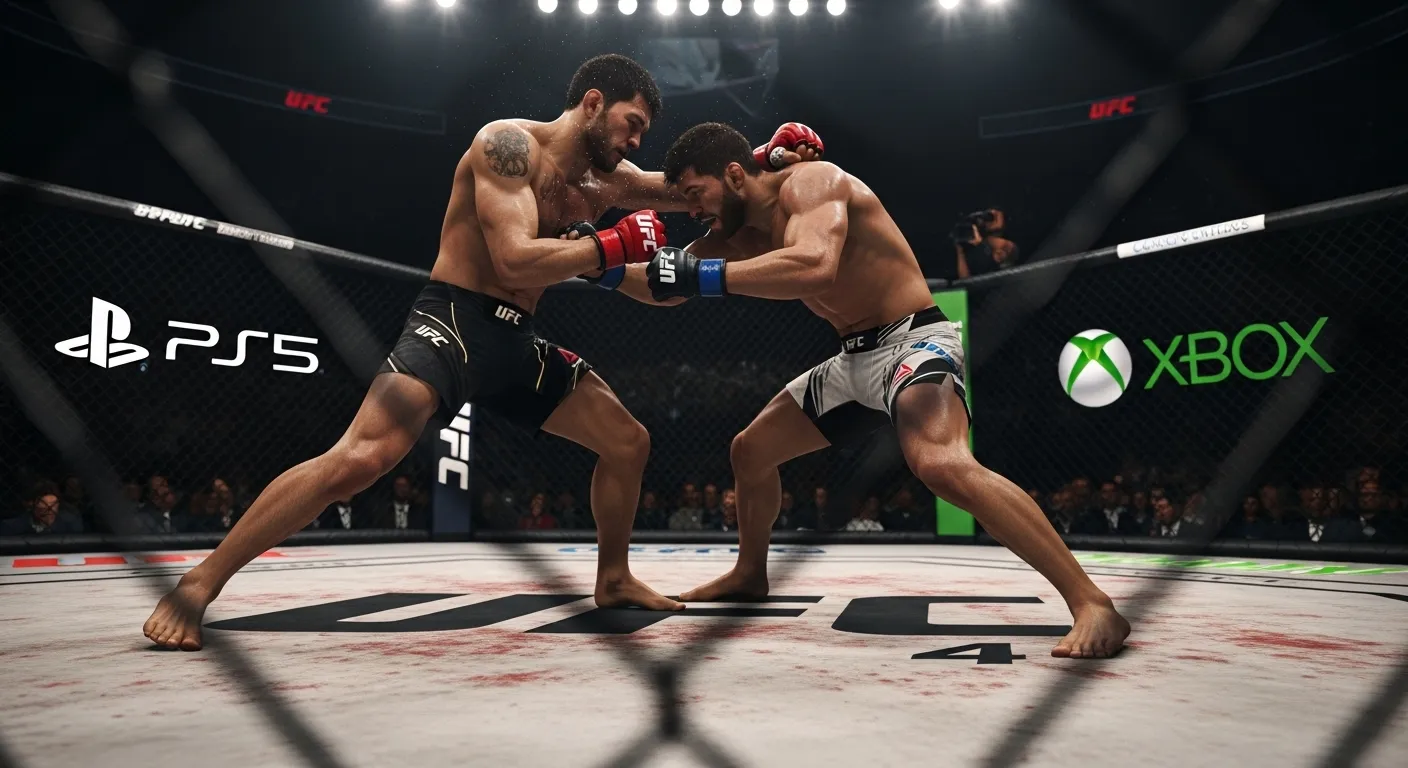As someone who’s logged… an embarrassing number of hours in tactical RPGs (12+ years, multiple runs, too many spreadsheets), here’s the blunt version: if you want baldurs gate 3 tips that actually help, learn positioning, manage your spell slots, and stop fighting on low ground. Advantage, saving throws, armor class, turn-based tactics, party builds—these aren’t trivia. They’re the game.
Quick answers up front

- High ground is king. Get it. Keep it. Fight from it.
- Use Shove, Jump, and Throw. Environmental kills are free damage.
- Always open with a surprise round. Sneak, split the party, start fights on your terms.
- Short rest often; long rest when resources are gone. Don’t hoard spells like a dragon.
- Focus fire. One enemy dead is better than five enemies at 70%.
In my experience, the people who say “BG3 is too hard” are the same people who haven’t read a single line about how Baldur’s Gate 3 actually works. No shame. But you’ll win more once you understand advantage and how elevation affects rolls.
Builds and party comp that don’t suck
I’ve tried everything from a pure Monk (fun, chaotic) to a Bard/Paladin face-melter (yes, that’s a thing). I’ve always found that a solid party needs: one frontliner with good AC and taunt/control, one ranged damage dealer (Sharpshooter or spell sniper), one support with healing and buffs, and one wildcard who can lockpick, scout, and talk. That last slot is your free space.
What I think is most important: understand the bones of D&D 5e. Spell slots are not mana. Concentration is precious. And a +1 or +2 to a roll is a big deal, not a rounding error.
And for the record, multiclassing is strong, but don’t get cute just to be cute. Two levels of Fighter for Action Surge? Great. One level of Cleric for armor and utility? Also great. Five classes in one build? Pick a lane, Picasso.
If you’re the type who likes hopping between similar games when you burn out, I’ve rounded up some practical alternatives to Baldur’s Gate 3 that scratch a similar itch without being the same meal every night.
Positioning: the real damage multiplier
Here’s the joke: everyone asks for the “best build” and then stands on a wet floor holding a lit candle. Get height. Use choke points. Stand on surfaces that help you (grease for enemies, water + lightning for you). If you’re ranged, keep 30 feet away. If you’re melee, don’t face-tank—wrap around for flanking setups and cover your casters.
Action economy: your invisible resource
Bonus actions win fights. Off-hand attacks, Shove, Jump, Misty Step. If a turn ends and you haven’t used your bonus action, you probably missed value. I learned this the hard way by ending turns with “nothing left to do” while the goblin archer politely removed my eyebrows from 60 feet.
Dice, skill checks, and the Save Scum Tax
I’m not a purist. Save scumming happens. But I try to play the odds first. Stack Guidance, use Advantage whenever possible, and treat Inspiration like a mini-reroll stash. Also, don’t roll an 8 Charisma Barbarian into a courtroom and expect a happy ending. Tailor who speaks to the check.
If the whole roleplay side of this stuff gets you fired up (or mildly annoyed in a fun way), I rant about it a lot over in my corner on gaming culture—because “my Warlock romances who?” is a valid cultural debate.
Stealth: free turns are free wins
I’ve always found the easiest fights were the ones where the enemy never got a first turn. Split the party. Sneak your rogue or ranger to high ground. Start with a surprise round, delete a priority target, and then collapse the rest. Toss a barrel if you must. Yes, the barrel meta is funny. It also works.
And please, this isn’t one of those twitchy arcade games. You have time. Breathe. Plan your opener. Then ruin someone’s day.
Resting smart: not hoarding, not wasteful
Short rest after 2–3 fights, long rest when you’re down key spell slots and your short-rest classes (Warlock, Fighter, Monk) can’t carry the next encounter. Don’t end a day with five Level 3 slots unused just because “I might need them later.” Later is now. Nuke the boss; pick up more fire tomorrow.
Inventory, gold, and gear: stop selling scrolls
Scrolls are not vendor trash. Anyone can use them. Keep control and utility scrolls (Hold Person, Feather Fall, Misty Step). Vendor the heavy stuff first. And loot cleverly: use Throw to stack crates, jump to weird ledges, send your highest Sleight of Hand to crack everything open while the Paladin smiles like security.
If you like smaller games that punch above their weight in tactics, my weekly picks live under indie battles, where tiny teams do big-brain combat tricks.
Dialog, persuasion, and “I didn’t mean to kill the town”
Charm beats violence more than you think. Buff with Guidance. Swap to your face before a talk. Eat food for small bonuses if available. And don’t be afraid to walk away from a fight you can’t win—come back with levels, better positioning, or friends who don’t spontaneously combust.
Controller vs keyboard: use what makes you actually think
I’ve tried both. Controller feels great on the couch; mouse/keyboard is faster for inventory Tetris and precision positioning. If you’re planning heists and pixel-perfect shoves, mouse rules. For chill story nights, controller is fine. Do what keeps you from misclicking your wizard into a volcano.
I also have a soft spot for old-school lookers—yeah, I’ll still boot up weird little pixel games when I want crunchy tactics without the 100-hour arc.
Mini “cheat sheets” you can use mid-run
Early skill picks that pay off
- Perception: more traps spotted, more secrets found. Boring? Yes. Crucial? Also yes.
- Sleight of Hand: locks, pockets, “whoops I found gold.”
- Insight and Persuasion: wins scenes without blood loss.
- Athletics: shove bullies off cliffs; be the bully.
Spells that overperform
- Guiding Bolt: ranged nuke plus Advantage for next hit.
- Hold Person: paralyze humanoids, auto-crit in melee. Comedy gold.
- Web/Grease: control space, set on fire, profit.
- Misty Step: fix bad positioning instantly.
- Counterspell/Dispel Magic: turn enemy turns into nothing.
Martial basics that feel like cheating
- Archers: Sharpshooter + Advantage = delete button.
- Fighters: Action Surge for big swing turns.
- Rogues: Sneak Attack every round; create Advantage if you must.
- Monks: mobility lets you pick fights on your terms.
Gear rules I actually follow
- AC first for your frontliner; dead tanks can’t tank.
- Keep at least one ranged weapon on everyone. Even the Paladin.
- Items that grant Advantage or bonus actions are S-tier.
- Ring of Jumping or Feather Fall-like effects = “I can go anywhere” card.
Fast, snippable answers to common “why am I losing?” questions

- You’re fighting on low ground. Move up before combat starts.
- You’re splitting damage. Focus fire until someone hits zero.
- You’re ending turns with unused bonus actions. Shove, Hide, Jump, Drink.
- You’re ignoring concentration. One hit → spell gone. Protect casters.
- You’re saving every scroll and potion. Use them. Win now.
One-paragraph riffs I wish someone told me
If you want my short list of baldurs gate 3 tips that moves the needle: play to Advantage, abuse terrain, and spend your best stuff early in big fights. The game rewards aggression more than turtling. Or as my Fighter says before drop-kicking a cultist into the sea: “We ball.”
On days when I want to zoom out and nerd about the wider scene—where games come from, why some jokes land, why some romances feel like HR violations—I dump thoughts into gaming culture posts and then regret nothing.
Quick “pseudo-table” loadouts (copy/paste brain)
My go-to party template
- Frontliner — Paladin or Fighter with Defense style, shield, taunt/control.
- Ranged DPS — Ranger (Sharpshooter) or Sorcerer (Twin/Potent spells).
- Support — Cleric (Bless/Spirit Guardians) or Bard (Inspiration/Control).
- Wildcard — Rogue (skills) or Warlock (Eldritch utility) depending on mood.
Openers I spam because they work
- Surprise round — Hide, then alpha strike the priority target.
- Grease + Fire — control zone plus damage-over-time.
- Throw troublesome enemies — off ledges, into hazards, into jail.
- Help action early — stand allies up, remove bad conditions fast.
If you want more cross-pollination between big studios and smaller teams trying weird combat ideas, I stash experiments and head-to-heads under indie battles. It’s where I find “that one mechanic” to steal for my next run.
And if you ever forget what the game is built on, crack open a quick rules refresher on D&D 5e. It’s not homework; it’s “why did that 45% hit chance suddenly feel like 0%?” clarity.
Alright, I could keep going—but now I want to respec my Bard into something unholy and see if anyone notices. That’s my cue.
FAQs
-
What’s the best class for beginners?
Fighter or Paladin. Simple, tough, and strong from level 1. You learn positioning without babysitting 10 spell slots.
-
Should I multiclass on my first run?
You don’t need to. If you do, keep it simple: 2 levels Fighter on a martial, or a small dip for armor/cantrips. Don’t overcook it.
-
Why do I miss so much?
You’re on low ground, shooting into cover, or ignoring Advantage. Fix those and your hit rates jump.
-
How often should I rest?
Short rest after a couple fights; long rest when your key spells and class features are spent. Don’t hoard power—you’re not a bank.
-
Do I need a healer?
Not a full-time nurse, no. But bring someone who can cast Bless, Healing Word, and remove conditions. Prevention beats panic healing.
Henry Wright: Celebrating the artistry of gaming. I cover Pixel Games, Indie Battles, Arcade Classics, Gaming Culture, and Visual Design. Let’s explore the pixels together!


This article has some great tips on how to start your day on a positive note. I especially liked the suggestion to practice gratitude first thing in the morning. It really does help set the tone for the rest of the day!